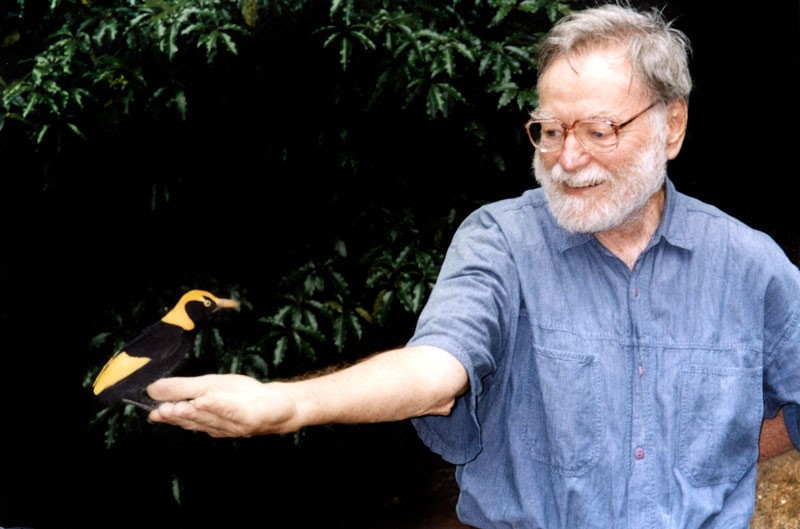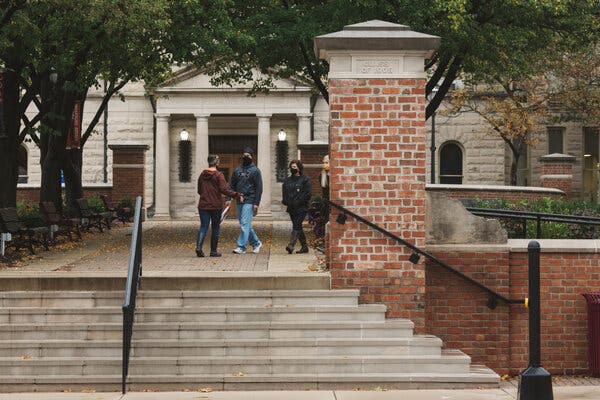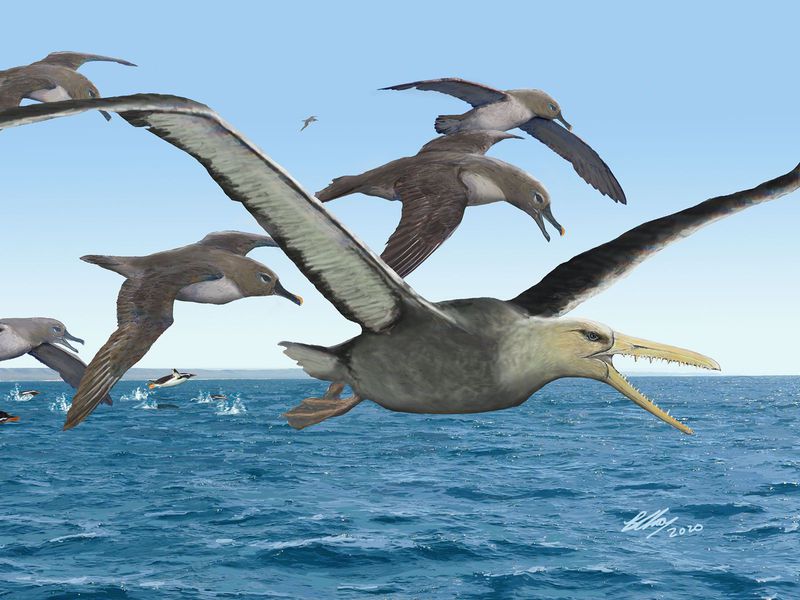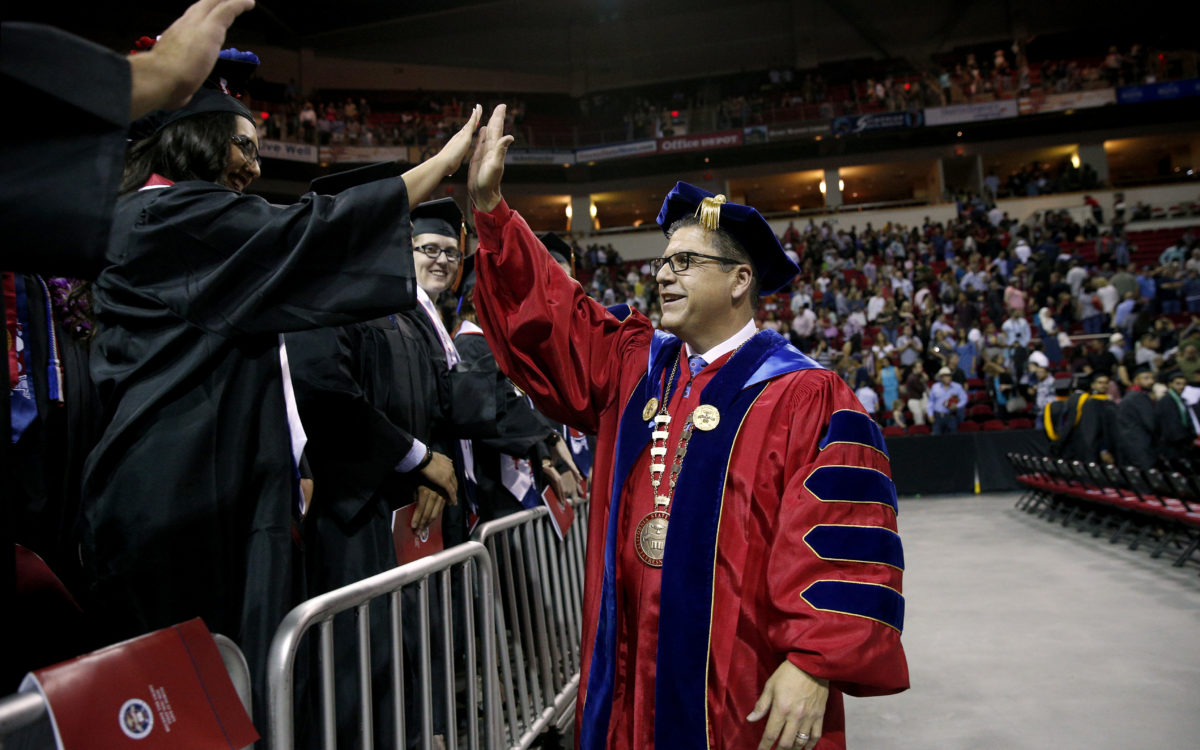Joseph (“Joe”) H. Connell, a hugely creative ecologist, died on 1 September at the age of 96. Joe had a knack for devising simple yet rigorous ways to uncover the mechanisms behind the patterns and dynamics in natural communities.
Perhaps the most influential experimental ecologist of his generation, he articulated theories explaining natural phenomena such as the maintenance of biological diversity. Joe was born on 5 October 1923 in Gary, Indiana.
After Pearl Harbor, in 1941, he enlisted in the U.S. Army Air Corps. He was sent to the University of Chicago for training in meteorology and then stationed in the Azores from 1943 to 1945 flying weather survey missions.
In 1946, he completed his B.S. in meteorology at the University of Chicago, followed by an M.A. in zoology at the University of California, Berkeley, in 1953 and a Ph.D. at the University of Glasgow, United Kingdom, in 1956 under zoologist Charles Maurice Yonge.
Postdoctoral research at Woods Hole Oceanographic Institution, Massachusetts, preceded his hiring in 1958 as an assistant professor by the University of California, Santa Barbara (UCSB), where he remained for the rest of his career. Joe’s groundbreaking early research led the transition of ecology from a […]
Click here to view original web page at science.sciencemag.org







